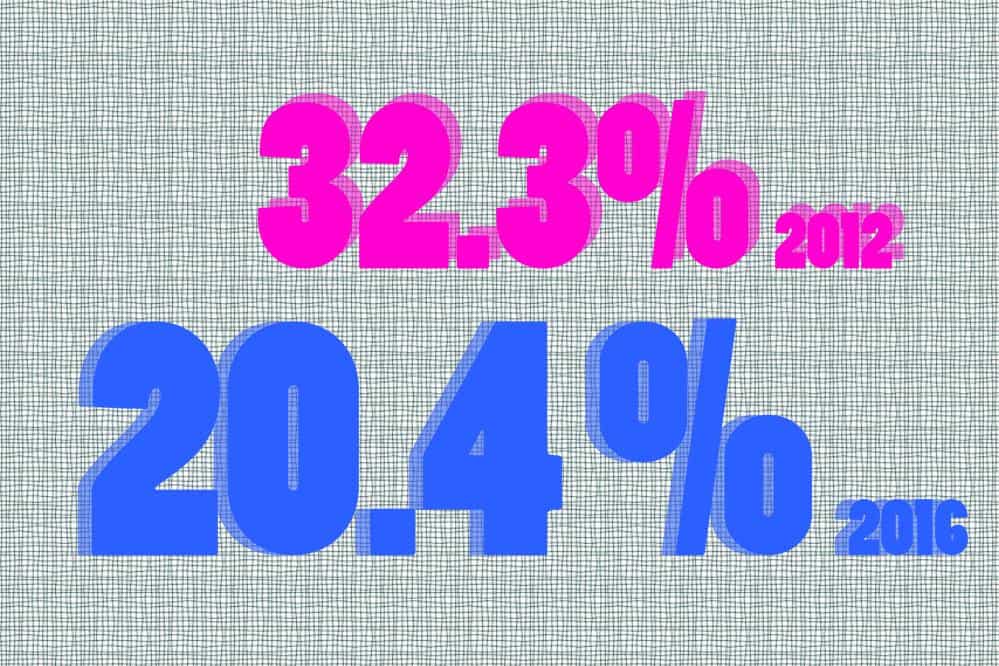Sounds of success

Teach a child to play music, and they are set for a lifetime
Music has an impact on everyone, regardless of age or developmental stage. Playing an instrument has its own benefits for adults and children. According to an article in The Economist, “Evidence suggests that the rewards go far beyond the elation of performing well in front of others – those who play instruments have often been found to perform better on cognitive tests too.”
Learning to play instruments involves a journey of melodies, weaving stories, and rhythm to paint emotions. From sharpening cognitive skills to nurturing emotional well-being, engaging with music transcends age, offering a symphony of rewards for individuals at every stage of life.
The benefits know no bounds, but most importantly, learning to play an instrument has a positive action on cognitive skills. In an article by Ewa Miendlarzewska and Wiebke Trost published in the National Centre for Biotechnology Information, “Neuroimaging studies have shown that musically induced emotions involve very similar brain regions that are also implicated in non-musical basic emotions, such as the reward system, insula, and orbitofrontal cortex, amygdala and hippocampus.” These areas are involved in motivation, memory, and decision-making.
The article explains that “music training correlated with plastic changes in auditory, motor, and sensorimotor integration areas. However, the current state of the literature does not lend itself to the conclusion that the observed changes are caused by music training alone (Merrett et al., 2013).” Plasticity refers to the brain’s ability to adapt to and learn to work with new stimuli, which is a key part of brain development. Music training may boost plasticity.
If children are more cognitively stimulated, they may perform better academically, in following instructions, and creatively. Playing an instrument or even surrounding oneself with music translates into improved memory, attention span, and problem-solving skills, which are essential for academic success and lifelong learning.
While learning an instrument, children develop motor skills which involves precise coordination of the hands, fingers, and sometimes even the feet for instruments like drums. When learning to play, children are not only developing their bodily coordination but also improving their attention to detail and multitasking by playing the instrument and also reading notes.
Mastering different music pieces instills a strong belief in their abilities and capacity to overcome challenges and obstacles to achieve their goals. The supportive community of fellow musicians and mentors is also instrumental in this journey through their encouragement and validation, which may reinforce a positive self-image.
Engaging with learning to play an instrument can provide children a sanctuary of calm and relaxation. In addition to the developmental benefits that playing an instrument brings, it brings joy.
Playing an instrument releases endorphins – chemicals your body releases during activities like exercise, relaxation, and eating. Endorphins also reduce cortisol levels, commonly referred to as the stress hormone, which when reduced promote a sense of peace and well-being. Incorporating music into their routine may help children cope with negative emotions.
Music indeed has the power to enrich and elevate every aspect of our lives. From enhancing cognitive skills and fostering emotional expression to promoting social connection and instilling confidence, the impact of music goes beyond our understanding.
For children, the journey of mastering an instrument lays a foundation of lifelong learning, creativity, and personal growth that is well observed in the later stages of one’s life. Children are not only empowered with invaluable skills and qualities but also cultivated with the ability to shape their minds for the betterment of society.
According to a blog by Lia Peralta, “At the core of our everyday experience with music, we use it to relax, express ourselves, come to terms with our emotions, and generally improve our well-being. It has evolved into a tool for healing and self-expression, often dictating how we, individuals, take steps to impact society.”









